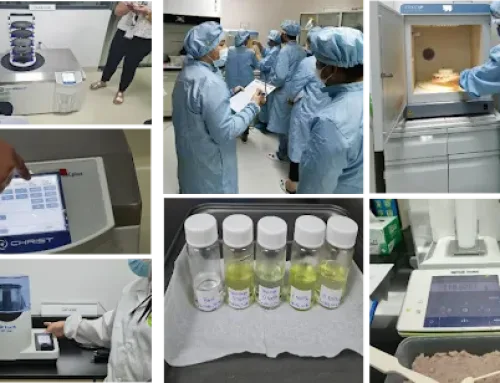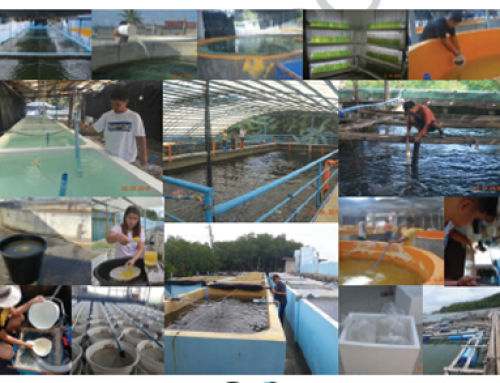In this Article
The gut microbiota of fish has been shown to play an important role in nutritional provisioning, metabolic homeostasis, and immune defense. Further knowledge of these microorganisms will facilitate the selection of probiotics, prebiotics and chemical compounds with potentials to improve the gut homoeostasis and health of fish, which are promising alternatives to antibiotics and would be a helpful tool in designing rearing protocols for efficient hatchery production of milkfish. Generally, the gut microbiota can significantly alter the host’s physiology, metabolism of nutrients and exogenous toxic substances, and can significantly affect the immune system. However, only limited information about the metagenomic analysis of fish GI microbiome is available. The present study will evaluate the gut Metagenomics composition of milkfish fry and juveniles. The influence of gut micro biome on overall larval physiology will be evaluated by the transcriptome analysis. Information generated will establish the link between epigenetic differences and look for direct evidence of functional consequences to understand the physiological fitness mechanism of milkfish larvae. With this information, protocols to produce a better and “robust” milkfish will be developed thus increasing the survival and yield of the farmers.
This project aims to elucidate using metagenomic and transcriptome techniques, the microbiotic factors and their roles in the physiology of milkfish larvae and juveniles. These information will be used to design appropriate rearing protocols to enhance the hatchery productivity of milkfish.









